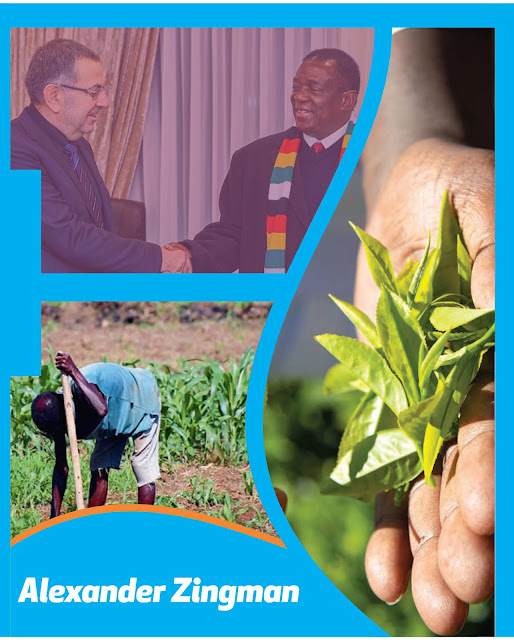Lindiwe Sisulu furore a microcosm of the battle lines being drawn in a fractured ANC
The internal divisions of the ANC continue to be a South African problem. The state of affairs in South Africa is indeed a reflection of what is happening in the ANC. Over the years, the ANC has failed to deal with its own internal challenges and some would argue that the ANC is a democratic organization. While that may be the case, the ill-discipline in the party is on another level. There is nothing democratic about the ANC these days — everyone does as they please in the party.
When former president Jacob Zuma was arrested in July 2021, the nation was divided on his arrest and continues to be divided to this day when it comes to Zuma. This is because the same ANC that Zuma is a member of is highly divided when it comes to how his matters are handled by the state and by the ANC itself. The divisions in the ANC continue to deepen and we can go back to 2005 when Zuma started going to court. This shows how long the party has been divided when it comes to the Zuma saga.
The ANC needs to accept that its project for renewal and unity is a failed project and did not even take off. The biggest problem of the ANC is factionalism that is so deeply entrenched and rooted, and every leader is leading through factionalism that has no principles when you look at how things are done in the faction. You do not feel that there is any renewal process at all within the party.
The recent developments around Minister Lindiwe Sisulu show how the divisions of the ANC are a South African problem. (By the way, this is not the first time the judiciary has been attacked by a senior politician. In 2015 Minister Gwede Mantashe, when he was the secretary-general of the ANC, said the following “People cannot tell the ANC that it is not allowed to criticize the judiciary because that would be suppression of the party.”)
Therefore, what Sisulu wrote should not divide the party if five years ago you had Mantashe making such remarks. Are politicians not allowed to make comments or have views on the judiciary system? How far can they go when it comes to the judiciary?
In 2005, former president Thabo Mbeki said: “The issue of the role of the judiciary in a constitutional state with a history such as ours also continues to pose a challenge. The debate about the role of the judiciary in South Africa should never be portrayed as an intention or desire to interfere in any manner with its independence.”
When the Constitution speaks about the need to create a democratic, non-racist and non-sexist South Africa, we must also ask how far is the judiciary itself moving towards this vision as part of its transformation and that of South Africa?
What is the new dawn that President Cyril Ramaphosa talks about because one does not even know or understand what the new dawn stands for and represents when the country continues to be dragged into ANC factional battles.
Read more @ Daily Maverick

Comments
Post a Comment